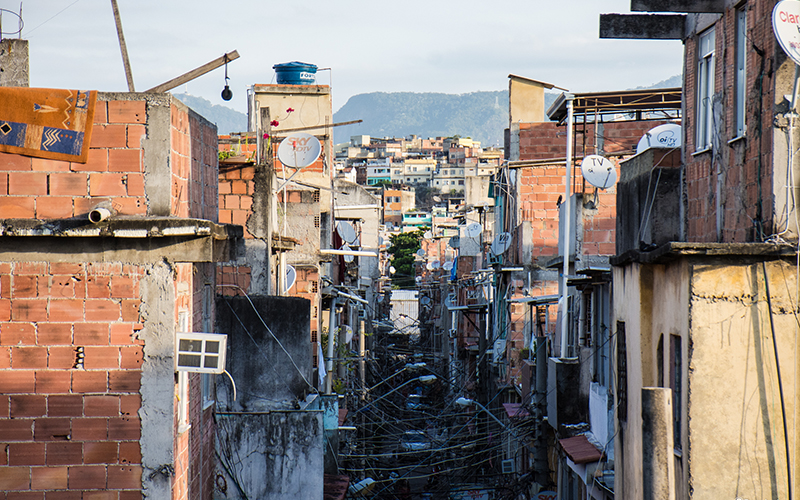DPU Working Paper - No. 214
Favelas as an urban institution and COVID-19 in Brazil

22 November 2022
By Juliano Cavalli de Meira
This study looks into the responses to the COVID-19 pandemic in the favelas of Rio de Janeiro, Brazil. Its main objective is to enable an understanding of a favela as a capable urban governance institution. This rationale is made possible through the case study of local initiatives that surged in this city during the crisis, by making use of the complexity framework applied to social sciences.
In the analysis of this case, three elements are central to the way one understands urban equality throughout the pandemic in the favelas of Rio de Janeiro. The first element is the formal government institution’s failure which constrains and enables grassroots responses throughout the pandemic. The second element is a widespread condition of inadequate access to health and sanitation for the people living in favelas.
The last element comes from the bias and prejudices that portrays favelas as a threat and perceived by formal institutions as something that must be fixed. This understanding leads to a contribution to the academic and societal understanding of urban settings in Brazil. Despite its findings are somewhat limited to the specific context of favelas in Rio de Janeiro, this paper argues for future studies to be developed under the complexity framework to enrich theoretical and societal understanding of favelas and cities.
Image credit: Douglas Lopes / Redes de Desenvolvimento da Maré.
 Close
Close

